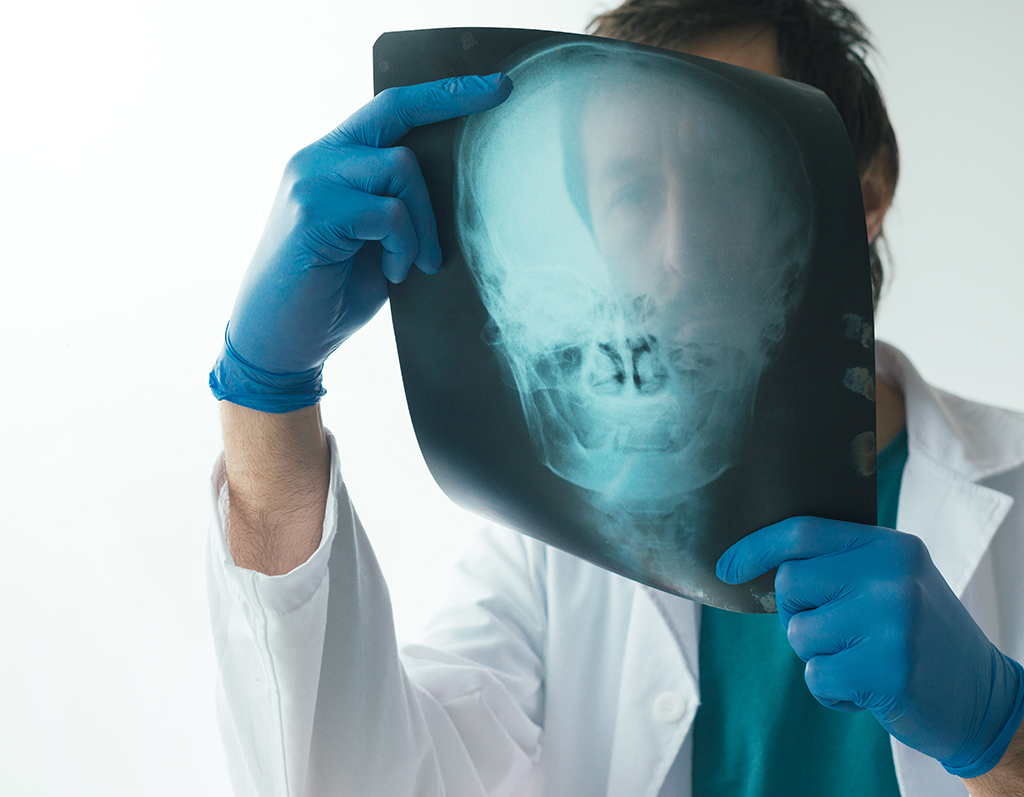Identity Theft
You might think that identity theft occurs only in Hollywood movies, but you are totally wrong. Identity theft is a crime where a person impersonates someone else by acquiring information such as Social Security Number, date of birth, driver’s license number, bank account number, or any personal information. Some companies may require us to provide these details for verification and records keeping purposes. Companies such as banks, car companies, or real estate companies. Keeping our information safe is not just the responsibility of those companies, but also our own personal responsibility.
How fraudsters steal your identity
There are many ways your identity can be stolen. Below are some of these methods:
1. Phishing – victims are contacted by phone, text, or email. The message will appear like a legitimate message sent by a real company and will ask the victim to enter their personal information. It will also ask you to click a link which will direct you to a website that looks legit. You will then be asked to login using your password (example: you will be asked to login to a false website of your bank and you will be asked to login using your online account username and password).
2. Unsecure websites – before you hit that purchase now button or before you enter your personal details on a website, make sure that it is secure. Check the address bar and make sure the URL begins with an “https” and there’s also a lock symbol.
3. Debit or ATM Card Skimming – this usually happens at ATM machines. A false card slot is placed over the real card slot to copy the card number and a false keypad is used to capture the PIN. Before inserting your card in the card reader and before entering your PIN, check those two components and make sure they are not loose.
It is our responsibility to keep our details secure. Be restrictive as much as you can. Destroy or shred any documents containing your personal information before throwing them. If you do not trust the phone call, email, text message, or if there’s the slightest hint of suspicion, do not respond to the message. Contact the company directly (not the number or email that was provided in the message).
If you think your identity has been stolen, contact all concerned institutions immediately (your bank, insurance company, credit bureau, etc.) and ask them what needs to be done. You can also contact Darfoor Law Firm at 754-800-5657, send us an email at info@darfoorlaw.com, or visit our website www.darfoorlaw.com.











